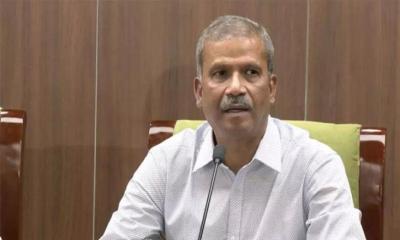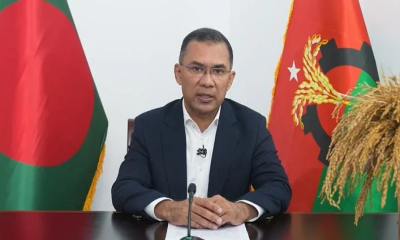A total of 50 lakh low-income families will get rice at a cost of Taka 15 per kg during five months lean period in a year.
“Fifty-lakh low income households will get 30-kg rice at a cost of Taka 15 during the five months-- September, October, November, March and April-- lean period,” Finance Minister AHM Mustafa Kamal said while placing budget of 2022-23 fiscal year at the parliament here on Thursday.
Besides, public food storage capacity of the country will be raised up to 25 lakh tonnes, he said in his budget speech.
Simultaneously, the government is working to maintain buffer stock by expanding the food grain storage capacity at its level.
“We expected that the food storage capacity will be raised to 25 lakh tonnes by the end of fiscal year 2022-2023,” the minister said.
“Furthermore, we aimed to increase the storage capacity up to 37 lakh tonnes according to the eighth Five-Year Plan.
New development projects are in the pipeline for strengthening food grain storage capacity and to maintaining the existing storage capacity,” he said.
The government is implementing a scheme to inspire farmers to build small-sized (25 feet long and 15 feet wide) "Natural Potato Storages" in their homestead to store bumper potato yield for 3-4 months and at a much cheaper cost compared to that of cold-storage.
Through Open Market Sales (OMS) efforts, the government has been consistently providing rice and flour at subsidised prices with the goal of making food available to the low-income population while also containing the price spiral of rice.
“We are distributing five lakh tonnes of rice and 5.09 lakh tonnes of wheat flour in the current fiscal year 2021-2022. We will continue this Programme in the FY2022-2023,” said the minister.
We will continue to procure and sell rice and wheat under the government management to ensure food security.
In FY2022-2023, the government has set a target of 31.15 lakh tonnes food grain procurement from the domestic sources. In contrast, the aim for distribution is 33.13 lakh tonnes at the same period.
Kamal said the global food production, procurement, storage and the entire supply chain including agricultural marketing systems faced unprecedented challenges during the COVID-19 pandemic.
“The World Economic Forum warned that the world population was heading towards the brink of starvation. But our government has been watchful since the onset of the pandemic to ensure continuity of agricultural production in the country,” he added .






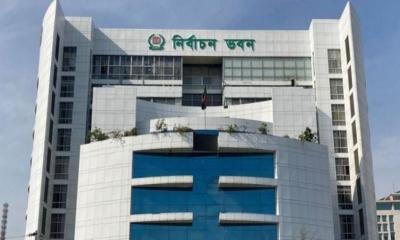
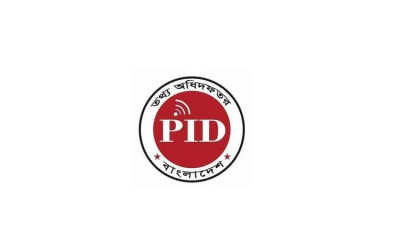
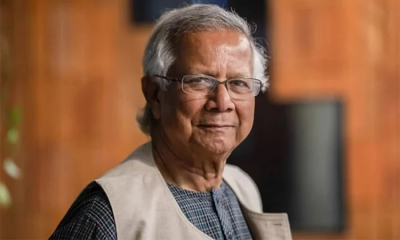
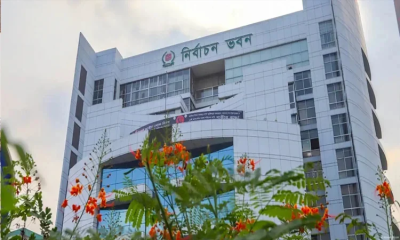
-20260216115008.webp)






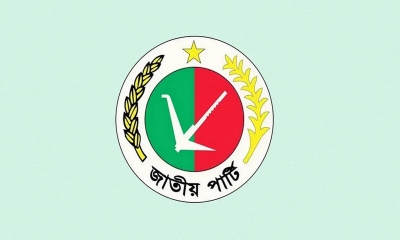
-20260216055149.webp)





